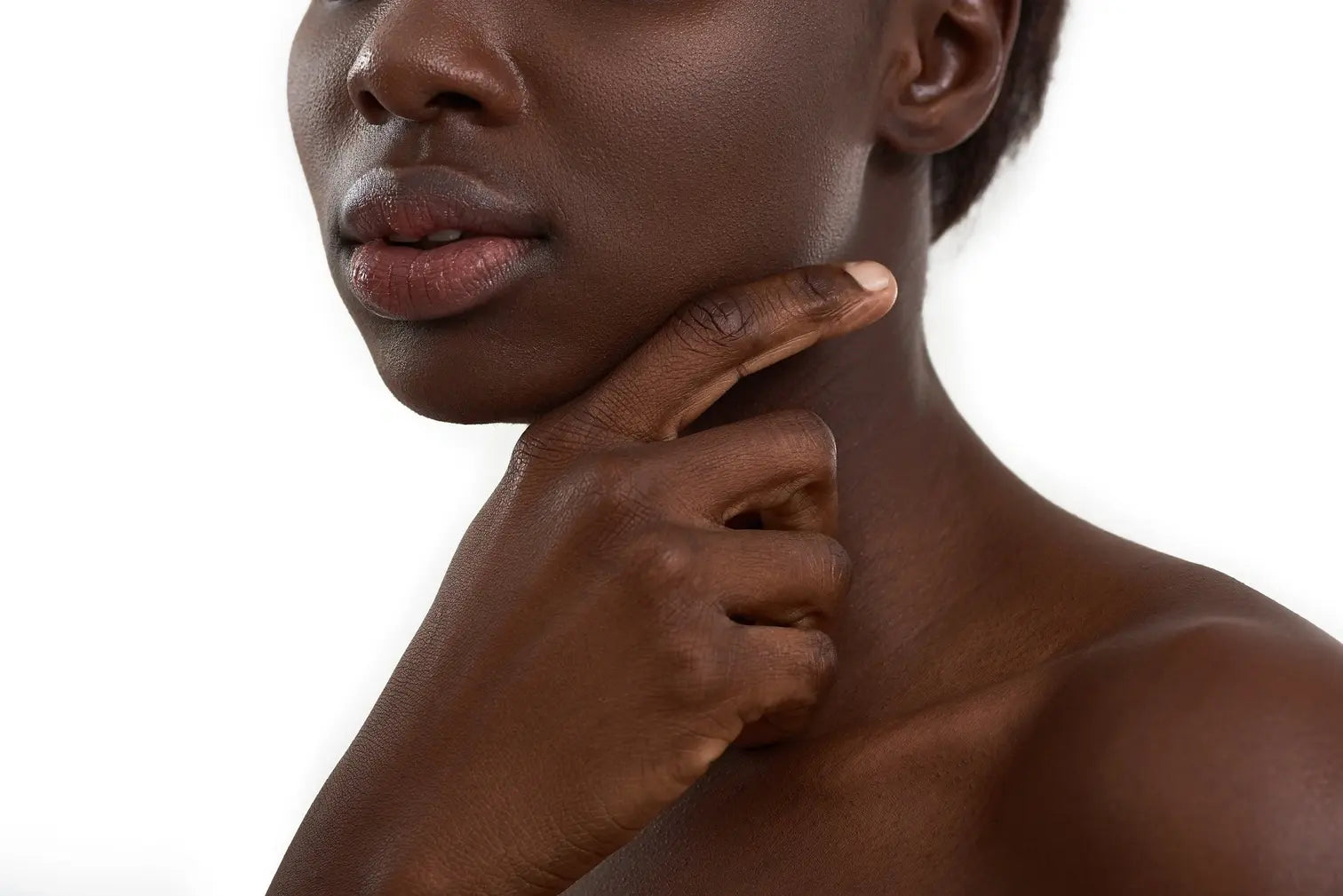Understanding Dehydration and Dry Lips
Dehydration
- Excessive sweating: Whether it's due to intense exercise, hot weather, or a fever, your body loses a significant amount of fluids through sweat.
-
Diarrhea and vomiting: Illnesses that cause vomiting, diarrhea, or both result in a rapid loss of fluids and electrolytes.
-
Alcohol consumption: Alcohol is a diuretic, meaning it increases urine production and fluid loss. Drinking too much alcohol, especially in combination with sweating or vomiting, can severely dehydrate you. That's why hangovers often leave you feeling so parched.
-
Insufficient minerals: If you're drinking water but still feel dehydrated, try electrolyte drinks, which contain the right balance of calcium, chloride, magnesium, phosphorus, sodium, and potassium. Cells require electrolytes to maintain the water balance inside and outside the cells. Without them, your cells can be dehydrated and unable to maintain their hydration, even if you’re diligently drinking water. Electrolyte-rich fluids like sports drinks or coconut water can help address electrolyte imbalance and ensure the hydration reaches your cells.2
Dry Lips

Tips for Preventing and Treating Dry Lips Due to Dehydration
-
Drink enough water every day
: The recommendations fluctuate from at least 8 glasses of water5 to half your bodyweight in ounces. Still not staying hydrated? Consider adding electrolytes.
-
Manage room humidity:
As mentioned, dry air can exacerbate dry lips. Try using a humidifier to add moisture to the air if you live in a dry climate.2
-
Use lip balm regularly:
Lip balms create a layer that protects the lip's thin skin barrier from environmental stressors. Apply a lip product liberally throughout the day and look for an option with SPF protection.6
-
Stop Licking Your Lips:
While it may seem counterintuitive, lip licking actually makes them drier in the long run. As the saliva strips any oils off the skin, your skin barrier erodes, making your lips vulnerable and dehydrated.3
Key Ingredients for Lip Care to Improve Hydration
-
Antioxidants:
Ingredients like vitamin C, vitamin E, and green tea extract are great for protecting the lips from environmental stressors and free radical damage, which can contribute to dryness and premature aging.7
-
Sun protection:
It's essential to use lip products with SPF protection, as the lips lack melanin and sebum (a natural source of antioxidants), making them extra susceptible to sun damage. This can exacerbate the effects of dehydration, discoloration, and even skin cancer. Look for mineral-based sunscreen options with zinc oxide as they are nontoxic and less likely to irritate the skin.7
-
Occlusives:
Ingredients like beeswax and mineral oil create a protective barrier on the lips, preventing moisture loss and keeping them hydrated for longer periods.7
- Dehydrated skin cells, including those on the lips, can impact skin texture and overall health, making hydration essential.
- Lips have a thinner outer layer and lack oil-producing glands, making them more susceptible to dryness and dehydration.
- When the body is dehydrated, it prioritizes fluids for vital organs, leaving less moisture for the skin and lips, making them appear less plump and contributing to lip wrinkles.
- Look for a hydrating lip balm or lip product with SPF, antioxidants, and occlusives to protect and improve lip health.



